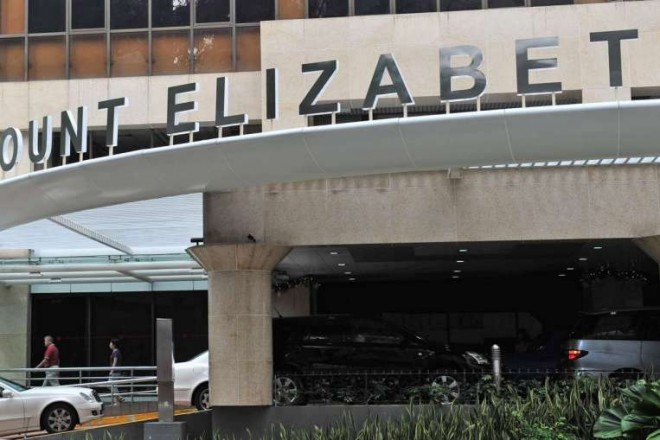Colon cancer patient Lily Ng, 62, had a rude shock when her insurer AIA Singapore offered to pay only a fraction – or $75,000 – of her hospitalization claim of $320,000.
AIA alleged that she failed to state her diabetic condition when she upgraded her AIA hospitalization plan two years ago. All consumers have a duty to disclose information that will affect insurance terms.
Madam Ng bought an AIA HealthShield Gold Max C plan – which covers hospitalization in B1 wards in government hospitals on an as-charged basis – in 2000. Back then, she was not diabetic, but developed the condition about five years ago.
Two years ago, her AIA agent and friend of 30 years recommended that she upgrade to an AIA HealthShield Gold Max A plan, together with a rider, to enjoy first-dollar coverage for future private hospitalization bills. The upgrade was confirmed in January last year. The annual premium for the plan is $2,790.
With that assurance, Madam Ng was warded at Mount Elizabeth Hospital in April this year when she was diagnosed with colon cancer, racking up $320,000 in hospitalization bills. She was in and out of hospital between April and September.
Amid the trauma of undergoing operations and cancer treatment, she had a double whammy when AIA informed her that it would reimburse her only $75,000 based on the terms of her previous C plan.
AIA had rejected her claim under her upgraded A plan because it alleged that Madam Ng failed to disclose that she has diabetes when she completed her “Change Form” document to effect the upgrade.
Madam Ng said: “I was very stressed and angry. I paid for the upgraded policy and did not get the coverage that I paid for. I was at a loss on how my bills would be settled. It is a huge sum.”
The family complained to the insurer and then to the authorities.
During the claims investigation process, AIA later learnt that the agent was the one who completed the form and provided false information which was not given by Madam Ng.
She had been unable to check whether the information given by the agent on her behalf was correct as she is not literate in English.
Madam Ng recalled that she had even asked her agent whether she needed to go for a medical test as part of the upgrade, but was told it was unnecessary.
The agent had asked her to sign the “Change Form” document but failed to run through the document thoroughly with her, including obtaining her answers for three health-related questions.
Instead, the agent had ticked “no” to each of them, indicating that Madam Ng had no medical issues.
Last October, AIA approved Madam Ng’s claim of $320,000 on the grounds that the agent had not “adhered to AIA’s standards” and said that it has taken disciplinary action against her.
When contacted, AIA said that protecting its customers’ interests is a top priority.
AIA said: “We have a zero-tolerance policy with regard to misconduct by our AIA financial services consultants and expect them to adhere to the highest ethical and industry standards. We have carried out a review and taken the necessary disciplinary action for this isolated case.
“AIA encourages policyholders to go through the necessary forms with their representatives to ensure that all information is accurate and complete. This will help to avoid any subsequent complications.”
The insurer added that it will continue to enhance its internal procedures and forms where relevant, to ensure that policyholders’ interests are always safeguarded.
It declined to give details on how the agent had been penalized.
RELATED STORIES
6M senior citizens to get lifetime health insurance
California households each got $5K fed aid to buy health insurance
